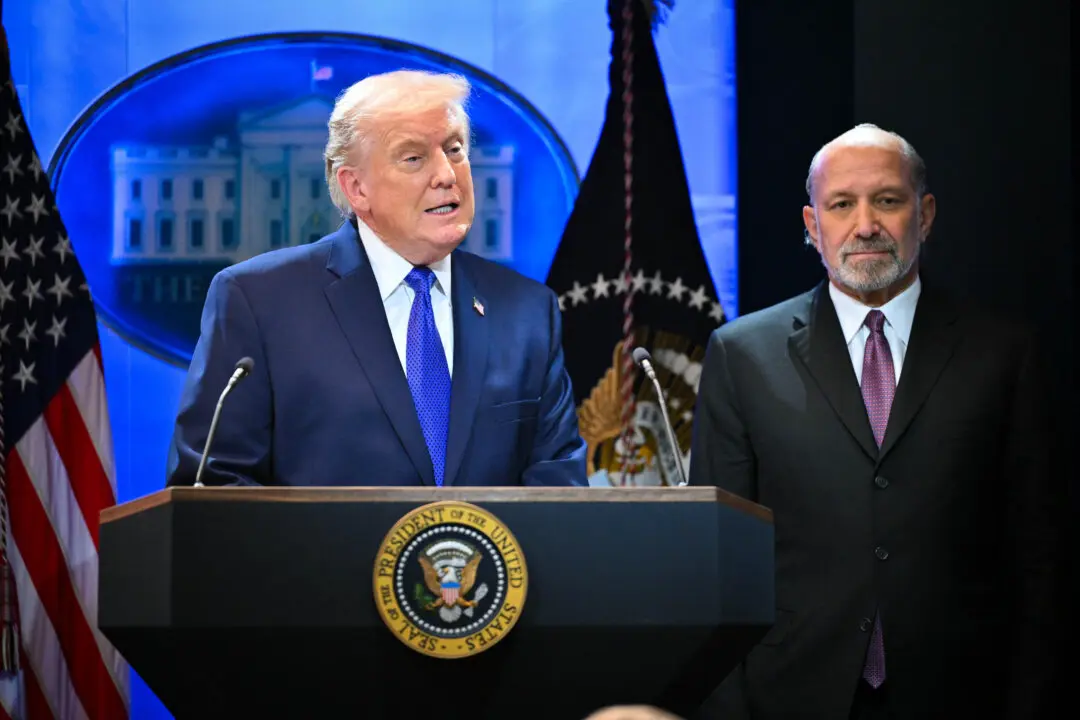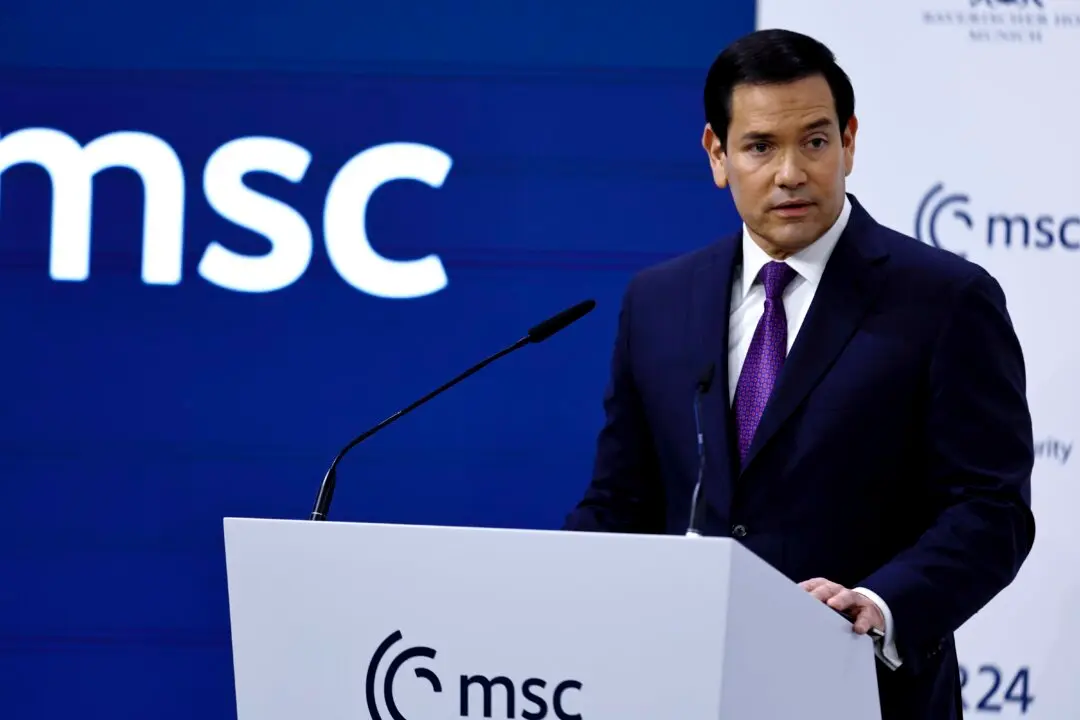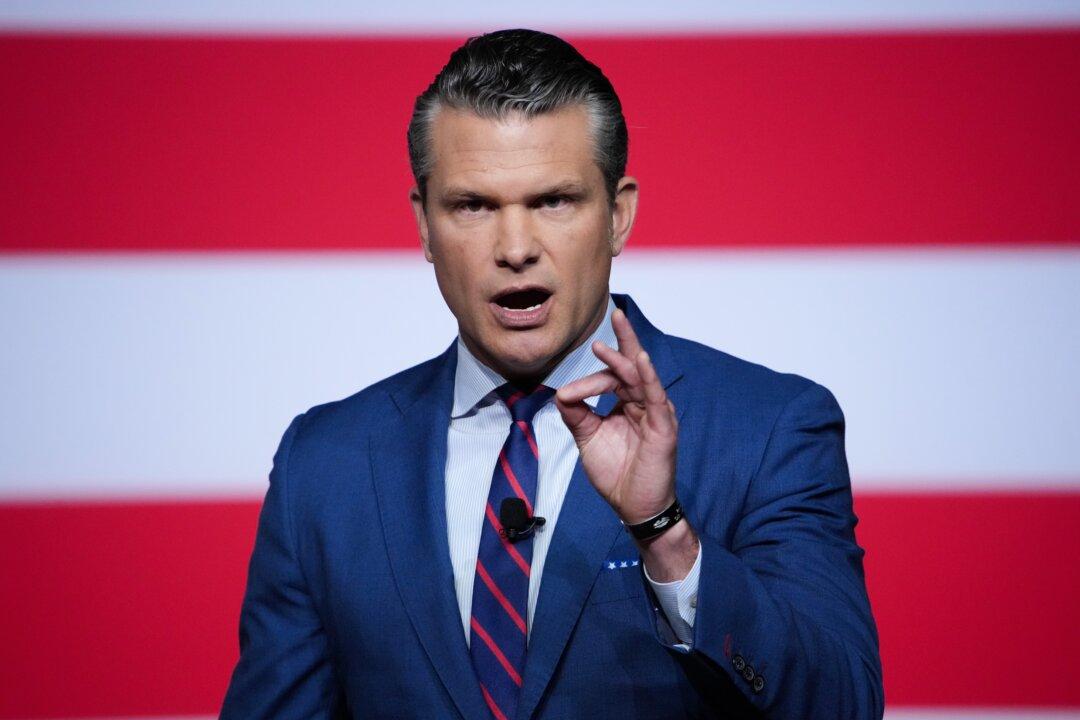In just three days, more than 150 global leaders will convene at the United Nations headquarters in New York for a summit to formally adopt the post-2015 sustainable development agenda, which will kickoff international action to transform the world to better meet human needs for the next 15 years. It will also wrap up discussions on global warming ahead of the U.N. Conference on Climate Change in Paris this November.
The agenda called Transforming Our World: the 2030 Agenda for Sustainable Development is a plan to shift the world onto a sustainable and resilient path through 17 lofty goals.
The far-reaching goals, integrated with 169 targets that are the result of more than two years of intensive public consultation around the world, hit upon such common global issues as poverty, climate change, and peace.
From Sept. 25 to 27, world leaders will try to figure out just how they’re going to pull it all off.
Transformation
In 2000, a group of experts behind closed doors set eight goals to wage a war on poverty in developing countries
According to a 2015 report on those goals, the landmark commitment to “spare no effort to free our fellow men, women and children from the abject and dehumanizing conditions of extreme poverty” in developing countries has made some inroads: More than 1 billion people have been lifted out of extreme poverty; the global under-five mortality rate has declined by more than half; and over 6.2 million malaria deaths have been averted primarily of children under five years in sub-Saharan Africa.
However, the report also notes that efforts fell short causing world leaders and civil society to get involved in goal-setting this time, when the stakes are even higher.
With the 2030 Agenda for Sustainable Development, leaders are not only focused on battling poverty and hunger, but seeking to transform the very existence of the entire world through their 17 goals.
For the past two years, a number of international stakeholders including U.N. member states, experts, and millions of people have joined the process of determining how to address the wide range of complex challenges faced by all countries—not just developing ones—including climate change, poverty, hunger, health, gender equality, global partnership, and world peace.
These discussions have touched on numerous concerns from the potential of cities to become agents of change to a need to increase the energy and water efficiency of the agriculture and rural sectors.
With the pending climate conference, how to combat global warming is one of the more focused issues on the agenda.





